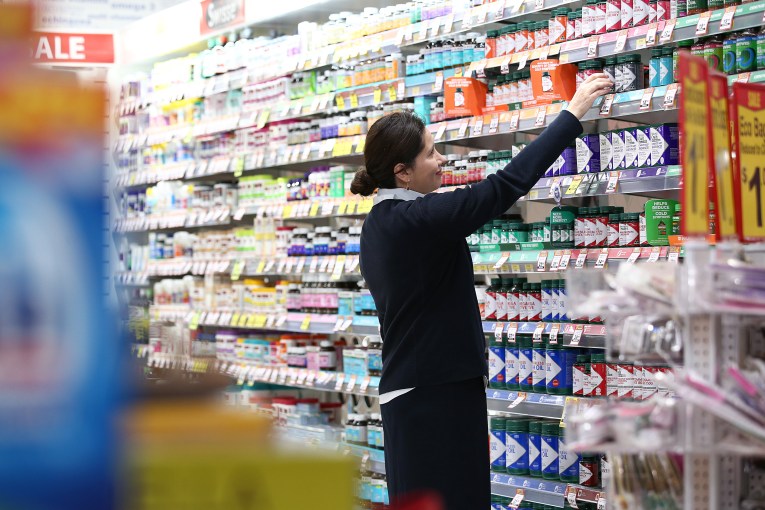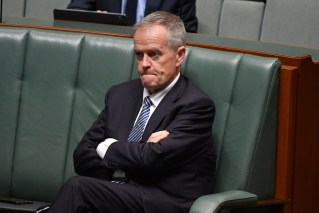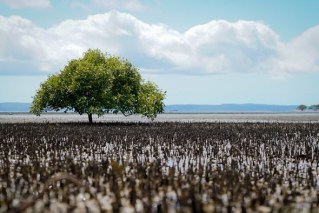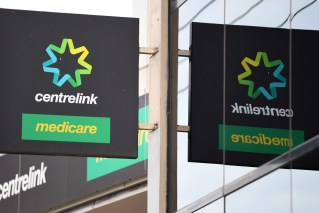Genie’s out of the bottle: Inflation blows out and analysts tip early rate hike
Australia’s inflation has blown out to 3.5 per cent for the past year, “miles above” the Reserve Bank’s expectations and likely to increase pressure on interest rates.

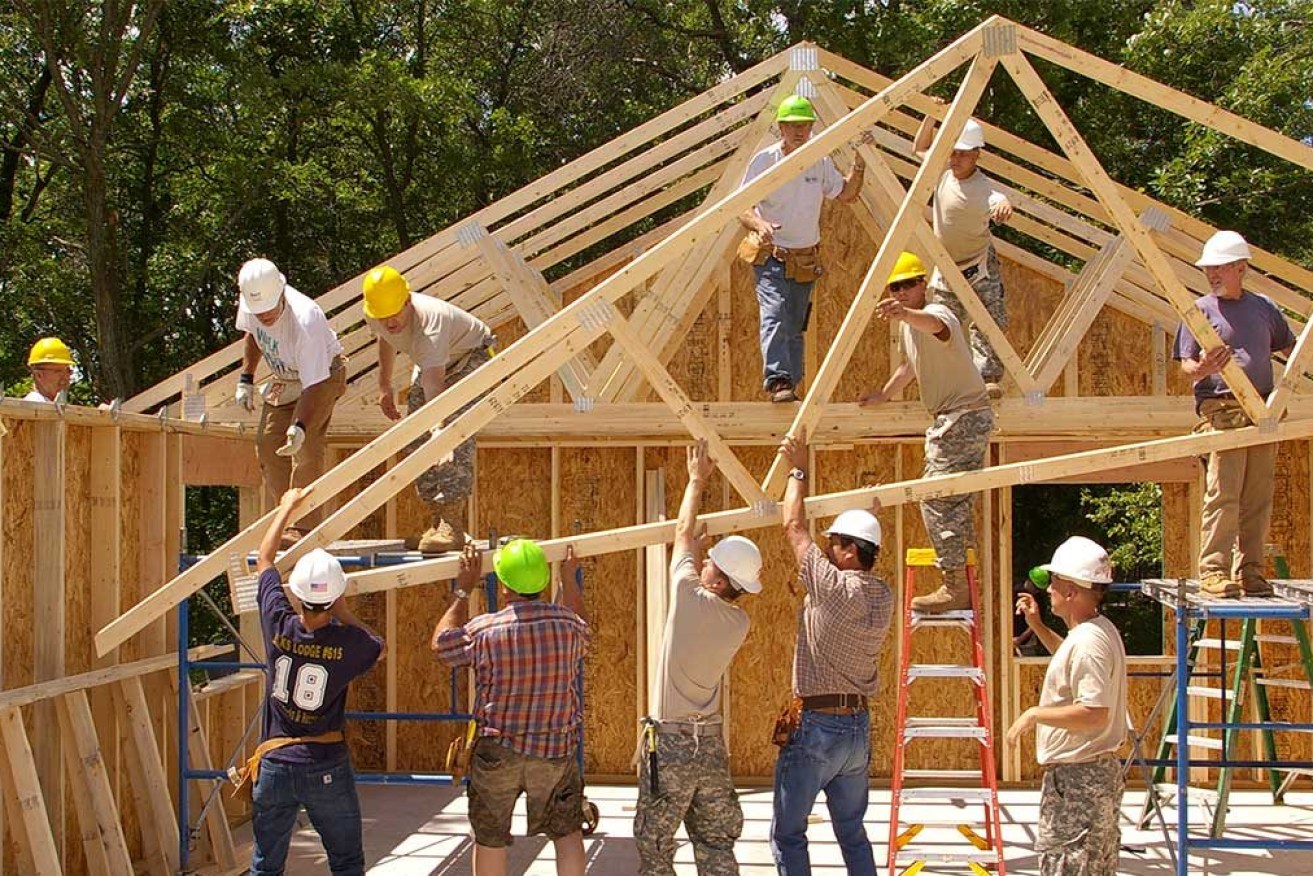
Tamawood said the market was turning
The Australian Bureau of Statistics data showed the consumer price index for December jumped by 1.3 per cent, well above economists’ expectations of about 0.8 per cent.
The ANZ Bank said the Reserve Bank would now almost certainly need to adjust its forward guidance to acknowledge a rate hike is possible this year.
“We suspect the RBA won’t shift to a 2022 rate hike as being its central case, likely wanting to see wages growth clearly accelerate. But earlier than expected evidence of this is also possible,” the bank said.
Judo Bank economic adviser Warren Hogan said it was “goodnight for quantitative easing”, which was the Reserve Bank’s bond-buying program that pumped billions of dollars into the economy to offset the impacts of the pandemic.
He said inflation was now a percentage point above where the RBA thought it would be in a year’s time.
IG market analyst Kyle Rodda said the trimmed mean CPI was 2.6 per cent and the result pushed up the value of the Australian dollar. He said it could bring forward expectations of a rate hike which is currently priced in for June.
It was the highest CPI result since 2014.
The headline CPI only reflects capital cities and Conus Consultancy used the ABS data to produce results showing more regions. It found regional Queensland’s inflation rose 4.9 per cent.
Market Economics managing director Stephen Koukoulas said the RBA needed to hike rates next week.
“The sooner it starts the process of getting the cash rate to 3 per cent the better,” Koukoulas tweeted.
“If it stuffs around for a few months more the problem will be compounded later in the year and in 2023.”
The surprise result added to an already plunging ASX, which fell 2.3 per cent and was below the 7000 level for the first time since May last year.
The ABS said house prices and petrol were major contributors to the rise.
Brisbane’s CPI rise was 1.6 per cent for the quarter, the second highest behind Tasmania.
ABS head of prices statistics Michelle Marquardt said price rises in new dwellings were 4.2 per cent and automotive fuel was up 6.6 per cent.
“Shortages of building supplies and labour, combined with continued strong demand for new dwellings, contributed to price increases for newly built houses, townhouses and apartments.” Marquardt said.
“Fuel prices rose again in the December quarter, resulting in a record level for the CPI’s automotive fuel series for the second consecutive quarter.”
Domestic holiday travel and accommodation (+4.8 per cent) also contributed to the December quarter CPI increase, reflecting increased demand due to the easing of domestic border restrictions in late October and the lead up to the Christmas holiday period.
Annually the CPI rose 3.5 per cent, with automotive fuel (+32.3 per cent) the most significant contributor. Prices of goods rose 4.3 per cent through the year, while those of services rose 2.3 per cent.
“More broadly, global supply chain disruptions and material shortages, combined with rising freight costs and high demand, contributed to price increases across a wide range of goods including dwelling construction materials, motor vehicles, furniture and audio-visual equipment,” she said.
SQM founder Louis Chrisopher pointed out that the ABS was still publishing rent declines in Sydney and Melbourne whereas his company was tracking it at a 7.7 per cent increase in Sydney and .1 per cent in Melbourne. Brisbane rents are up about 2.5 per cent for the year.
